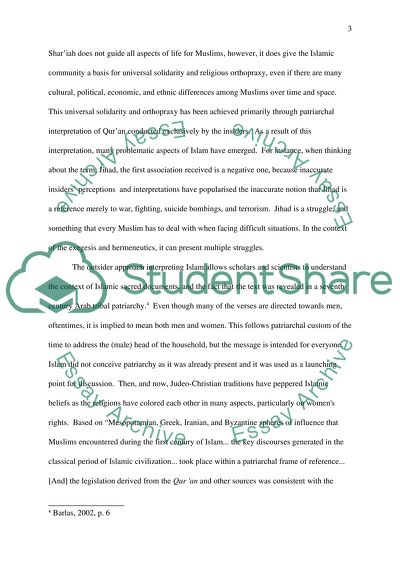Cite this document
(“Insider/Outsider Problem Of Religion Interpretation Essay”, n.d.)
Retrieved from https://studentshare.org/religion-and-theology/1534647-insideroutsider-problem-of-religion-interpretation
Retrieved from https://studentshare.org/religion-and-theology/1534647-insideroutsider-problem-of-religion-interpretation
(Insider/Outsider Problem Of Religion Interpretation Essay)
https://studentshare.org/religion-and-theology/1534647-insideroutsider-problem-of-religion-interpretation.
https://studentshare.org/religion-and-theology/1534647-insideroutsider-problem-of-religion-interpretation.
“Insider/Outsider Problem Of Religion Interpretation Essay”, n.d. https://studentshare.org/religion-and-theology/1534647-insideroutsider-problem-of-religion-interpretation.


